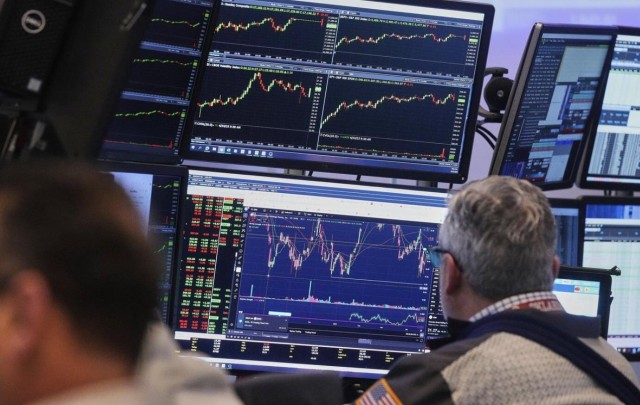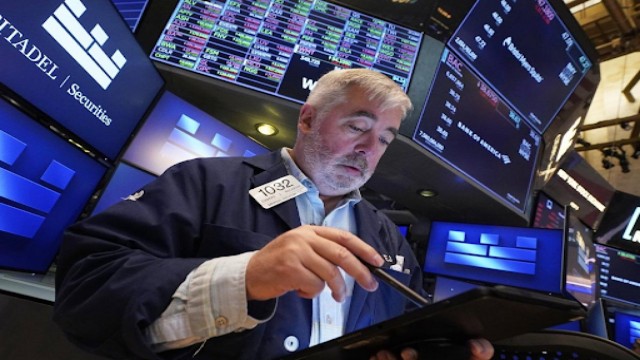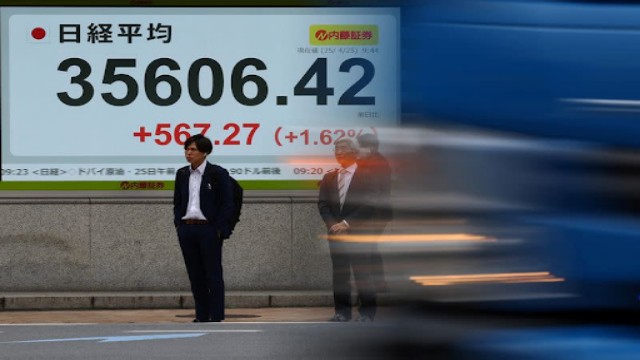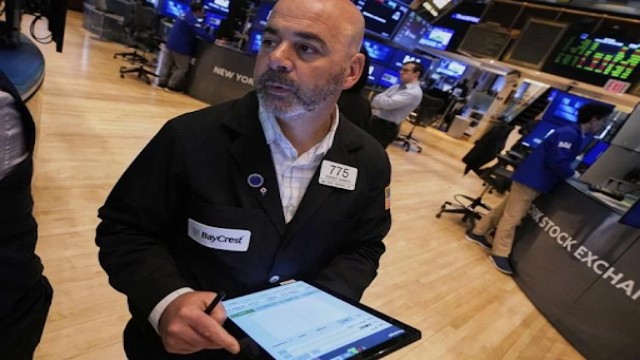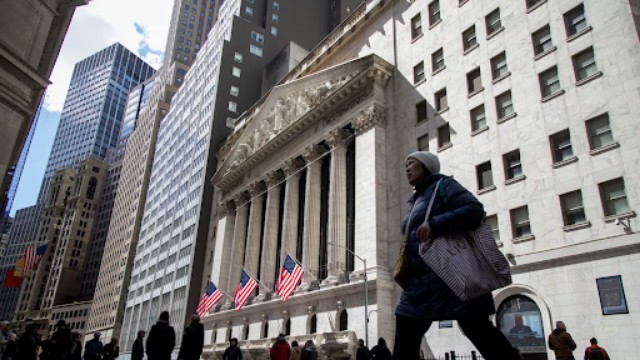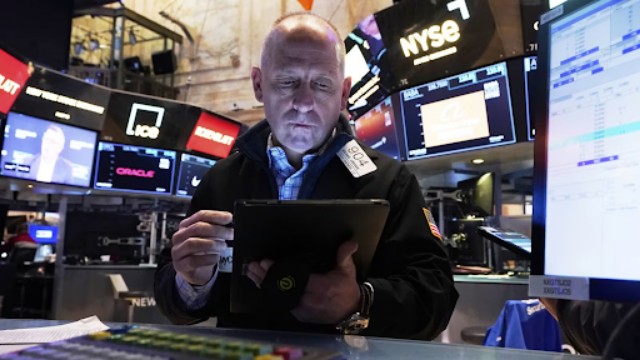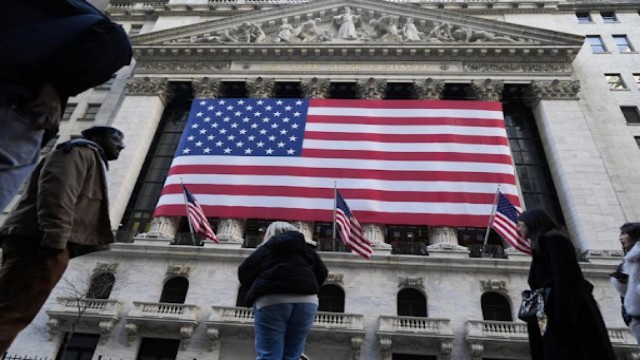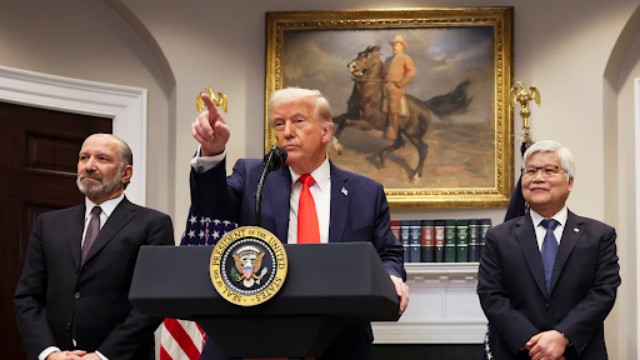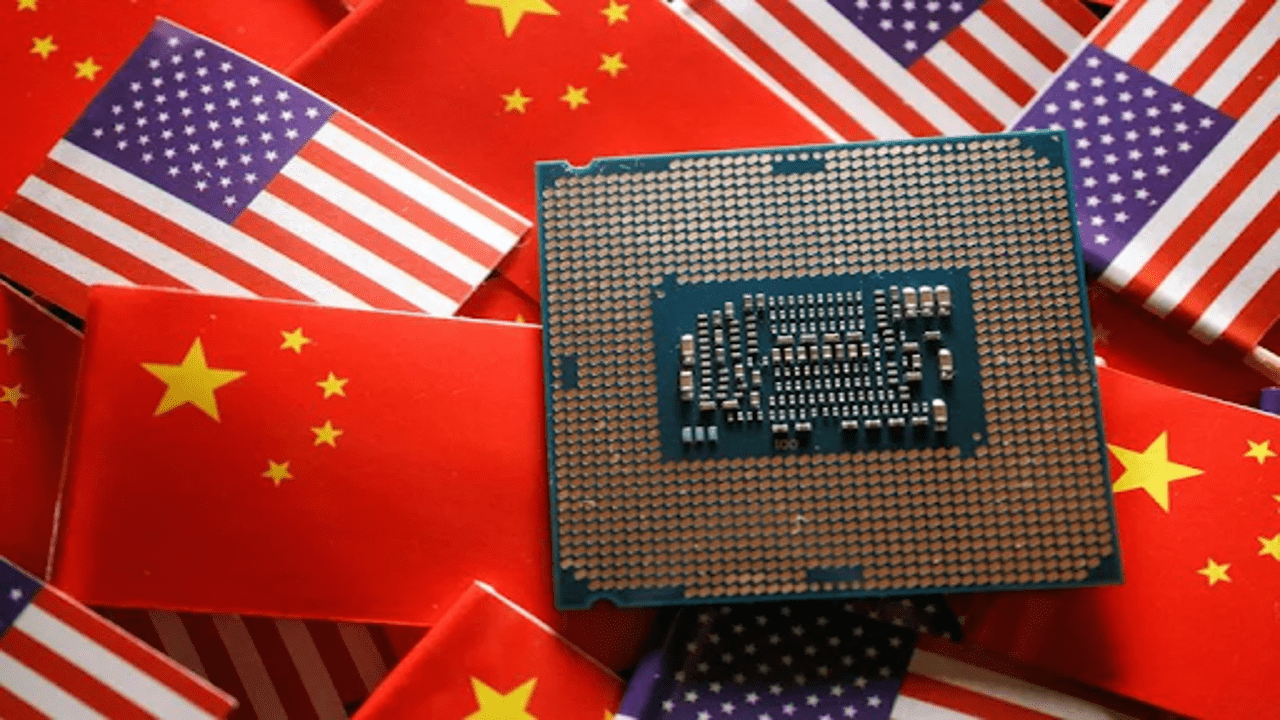
FILE PHOTO: Image showing Chinese and U.S. flags alongside a semiconductor chip. (Reuters)
This week has seen a significant sell-off in technology stocks, driven by concerns over potential tighter restrictions on chip exports to China from the United States. A report highlighting this possibility has added to the uncertainty, especially following recent comments from Donald Trump regarding Taiwan, which have raised geopolitical tensions surrounding the industry.
As European markets open, the negative sentiment is expected to continue. The technology sector of the pan-European STOXX 600 index will be in the spotlight after experiencing its largest one-day drop since December 2022, largely influenced by declines in shares of ASML, a major player in the semiconductor market.
Investors in chip stocks have been on high alert due to Washington's increasingly protective policies towards the U.S. semiconductor industry. Political leaders in the U.S. view this industry as crucial for maintaining competitiveness against China. According to a Bloomberg report, the U.S. has indicated to its allies that it may implement the most severe trade restrictions available if companies persist in providing China with access to advanced semiconductor technology.
These developments, combined with Trump’s assertion that Taiwan should contribute financially to U.S. defense efforts, have led to a sharp decline in chip stocks. The market has seen more than $500 billion in value wiped away in recent days. Previously, chip stocks were instrumental in this year’s stock market rally, helping lift the Nasdaq and S&P 500 to record highs. Analysts suggest that the current sell-off may reflect investors adjusting their positions in response to these new risks.
In Asia, all eyes will be on Taiwan Semiconductor Manufacturing Company (TSMC), which is set to report its earnings later today. TSMC’s shares have dropped over 6% in just two days, reflecting investor apprehension.
In Europe, the European Central Bank (ECB) is holding a policy meeting today, which is expected to be a key event for the market. Analysts anticipate that the central bank will maintain current interest rates but will be closely watching for comments that might hint at future rate cuts. Such remarks could significantly influence the euro's value. On Wednesday, the euro reached a four-month high as traders adjusted their expectations, fully factoring in a potential 25 basis-point rate cut by the Federal Reserve in September.
Meanwhile, the Japanese yen has shown volatility after hitting its highest value in six weeks. Traders remain cautious following suspected intervention by the Bank of Japan last week, which data suggests could have amounted to nearly 6 trillion yen (around $38.4 billion). Official figures regarding this spending are expected to be released at the end of the month.
As European markets react to these unfolding events, the overarching theme will likely remain one of caution. Investors will be closely monitoring developments in the tech sector and the implications of central bank policies as they navigate this challenging landscape.


